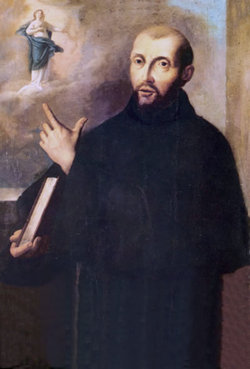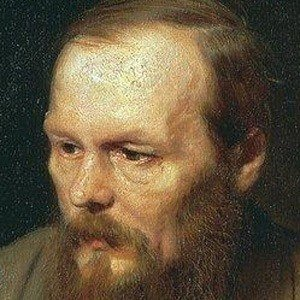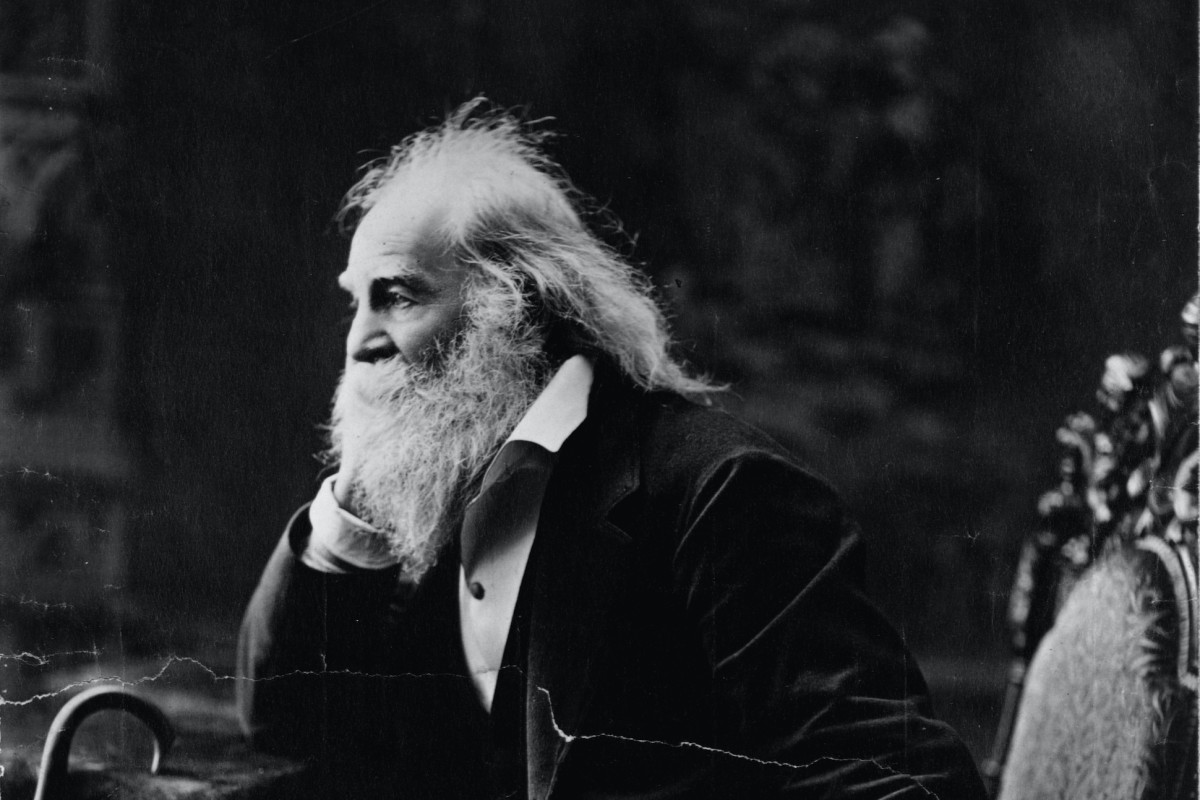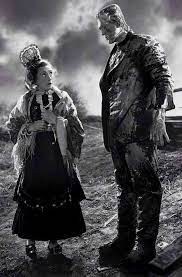While cleaning out some boxes of books in the garage I came across a copy of All Stars, a collection of poems edited by Tom Clark. I got the 1972 book when I was a Freshman in college taking a poetry course taught by Anselm Hollo, a Finnish poet who have moved to the U.S. and who was influenced by the Beat Poets. The course was definitely eye-opening for this young Catholic-school product and budding poet. In conjunction with the course, for example, he arranged for Tuli Kupferberg (of the satirical rock band The Fugs) to talk to the class and give a reading. The Fugs did some interesting protest songs like "Kill for Peace," "War Song," and "CIA Man." (Caution: They were prone to really foul language and sexual content!)
Strange times.
The collection was of new work by some 13 poets, one of whom was Ed Sanders, who created The Fugs with Kupferberg. The other poets were Michael McClure, Clark Coolidge, Dick Gallup, Aram Saroyan. Ed Dorn, Alice Notley, Ted Brrigan, Ron Padgett, Philip Whalen, Tom Clark, James Schuyler, and Robert Creeley. There are some prominent name in that list.
I flipped through the book and found some notes I'd scribbled all those years ago. I also read some of the poems.
Umm. Definitely poetry of that time period, with obvious Beat Poet influences. I think some drugs were also involved in the writing!
Poem
Rod Padgett
Please be happy
My arms are happy arms
My legs are happy legs
With them I walk every day
To town to get the newspaper
.... okay Rod .... and that one was a collaboration with four other people!
and one of Philip Whalen's contributions was called "LEAVING THE CAPITAL"
Morosely resentfully hysterically packing.
Neighbor's wite dog reminds me of decapitation. Why.
Secret recollection of Grimm's tales illustrated by
Gustave Dore: "Falada"
There's plenty more in the book. There's even a "poem" of mine that they inspired and that I wrote on one page:
Dirt
When I was young
I used to make mud pies.
I still do.
That's in the Ted Berrigan section. I don't know if reading him played a role in my scribbling that classic, or if the page just had a lot of blank space.
In reading the poems in the book now I can honestly say I'm not impressed. Yes, some of the poets in the collection are still well-known in poetic and academic circles. And when I look online, editions of the book in good condition go for $50-$80. So maybe it's just that these particular poems are just not to my taste now.
I will say that at the time the course did influence me as a beginning poet. And I always liked Hollo - I still remember him chuckling as the read and lectured with that wonderful Finnish accent. He helped to bring the works to life.
One of my poetic efforts from that time that showed the influence was one called "P.P.S."
P.P.S.
(for Dave Nittler)
Bruce is holding out a box. A box.
Is that sexually oriented?
On a farm in the middle of the desert. A rat walks by and spits on
the crocus. He smiles.
Water crashes over, around, in and about the weathered sand.
Motion.
And Ahab and Arab Sinbad eat the corn and the horse. Marty wants to
smoke the camel, but Sinbad says, ``No, it is not meant for man to be so
intoxicated.''
Not understanding (as I drink soda), we left for the caravan. It was
buried in the sand, so we cried and lied about lives we'd never lived.
Oh, and don't forget about the boat on the Nile.
Sadly, Ahab set his sights beyond the sea where his true love sat
with the dog and told him how handsome he was. The merry merchants of
Seville sold him a pipe and a bible to die by.
Man was not meant to see.
As the palms swayed, Moses saw the word and lost his eyes. Alone, he
would have cried, but God smiled and told him to die happy.
His joy, oh, such joy,
In the inn, Jesus and Mary talked as the apostles lay nearby. As he
cried softly, she touched His head. "Do you really know what love is?''
Jesus asked. She smiled yes.
Let the newborn son speak of the silence in his heart as they stone
him in the garden and lie about the cross. Another fairy tale to tell the
sucking babes?
On Orion they call it love. But on Earth, they patented death and
sold it to the highest gun. Mars is in Omaha and calls himself Il Duce,
not knowing or understanding himself in the least.
Writing love poems in lines of infamy. Playing guitar in a rock `n'
roll band, in the park, in the summer, in freedom, in natural high. And
singing about all those days gone by; synthesized dreams and nightmares
on the moon. Popeye was on the moon and ate it. Olive smiled.
Black Masses, holy whitehood in the church, laughter in the halls of
the basement. Devil love and three odd men in Nixon's clothes. Satanic
majesties, get them while they're hot.
Diamonds in the rough, carpetbaggers in wardens' disguises, buying
them wholesale as they sleep.
Karma in the middle of the field. Hellfire in the mud. But it is
white? Is God black? Was Jesus brown? Or are we fools. There was an
answer hidden under a rock on the moon. Neil picked it up and crushed the
word with golf balls.
The fall.
Andromeda's edge.
A rocket ship floats beyond the wreckage that once was her sister.
A proud ship. The Executor.
A war is flash and burn in brilliant second bursts. God has a sense
of humor, so He cries. And it floods the heavens. Thus came birth. A
star, messenger, love, dirt, war, and shattered confusion.
And man was born in a teardrop.
He grew into an animal. The law once said, "Marry in, kill out.''
Now, "Marry in, kill in.'' No war but fratricide.
That is our end.
Okay ... In subsequent years I got better as poet. I think.
I hope!
The second-hand Beat influence seems to be there. I had not yet discovered dada poetry and art, to which I'm more inclined these days, and I see now dada may have been an influence on the poets in the book. And to be honest, I later changed one part of "P.P.S." because I grew uncomfortable with some wording that I now find offensive. - so this version is not completely as I first wrote it.
As for the title, the poem, which was written in October of 1973, was really added to a letter to my friend David Nittler, whom I had known since grade school and who, sadly, is now deceased. Hence "Post Post Script."
Not sure what to do with the book. It's not in great condition, so I don't feel comfortable donating it.
But I have no desire to keep it. And it's too worn and frayed to sell.
Recycling? Adding it to the burn pile? Put it back in the garage to let the mice finish it off?
Or cut it up into words and phrases, shake the cuttings up in a bag, pull them out one by one, and make a couple of dada poems?
And then, perhaps, to paraphrase the end of Ed Sanders's contribution -
I'll crawl.
I'll grovel.
I'll conquer.
Pax et bonum























